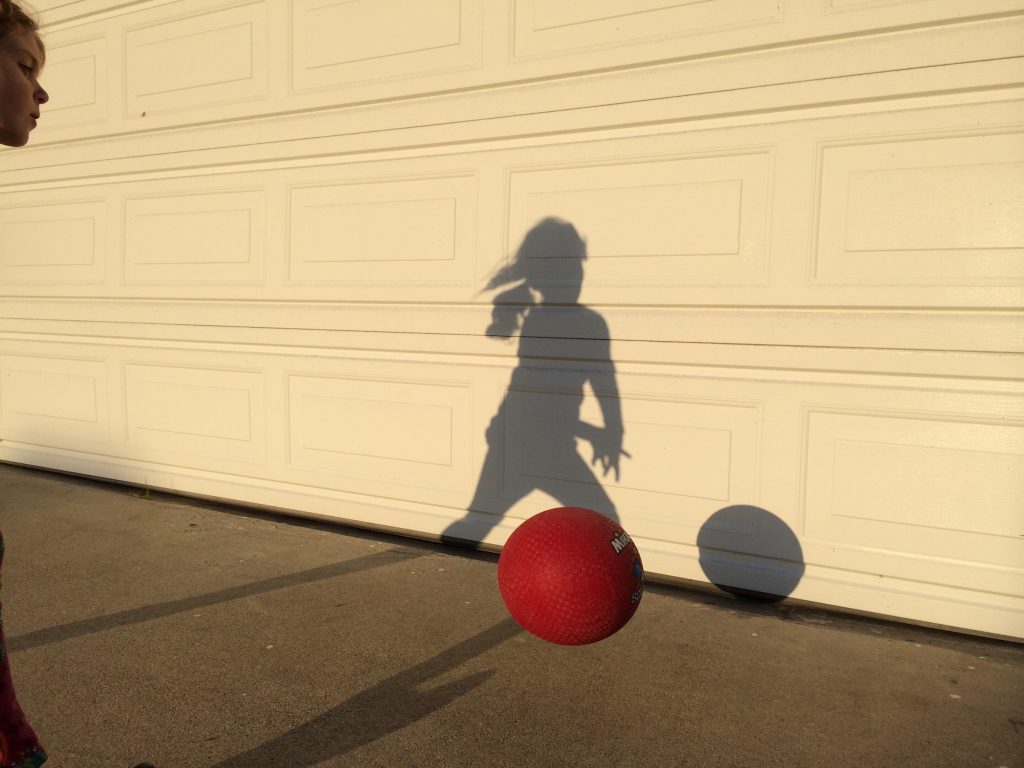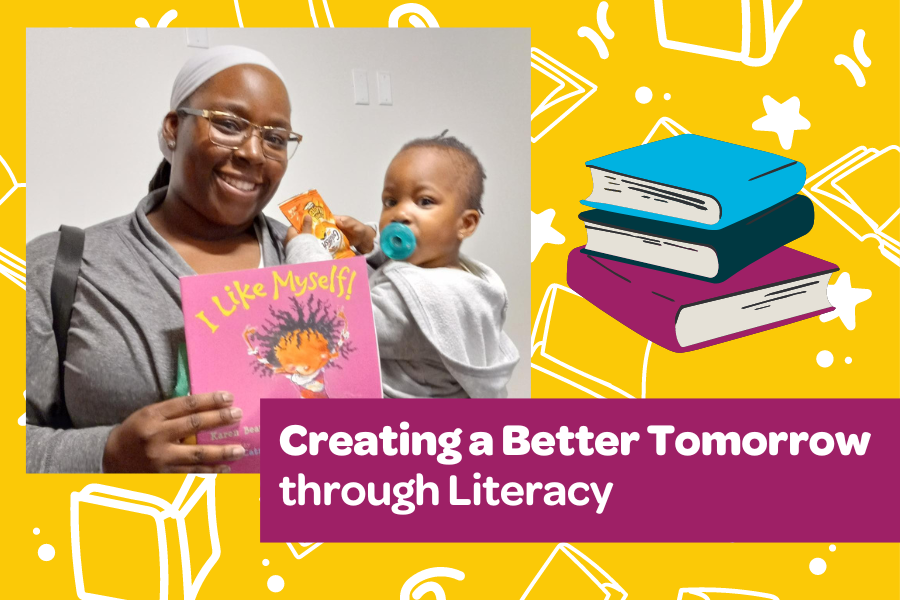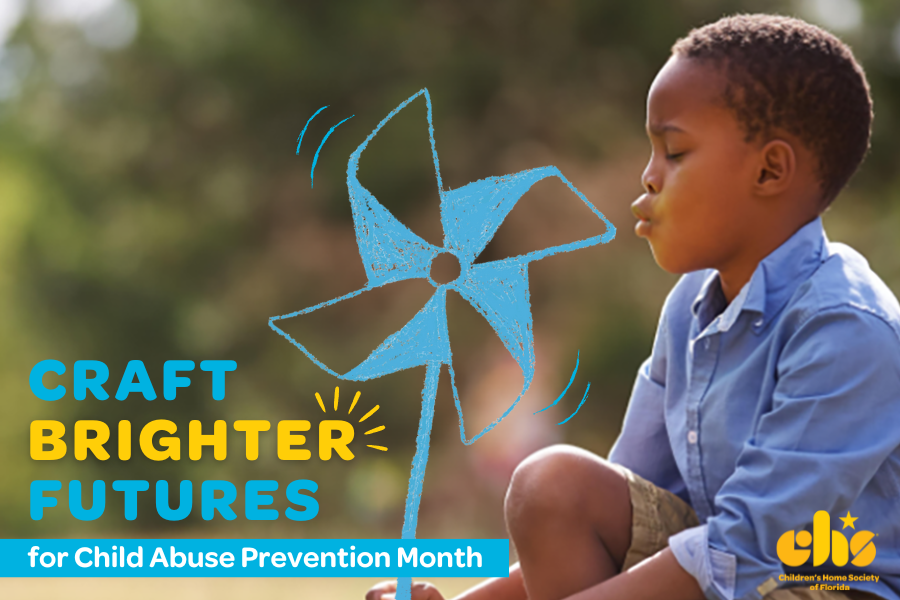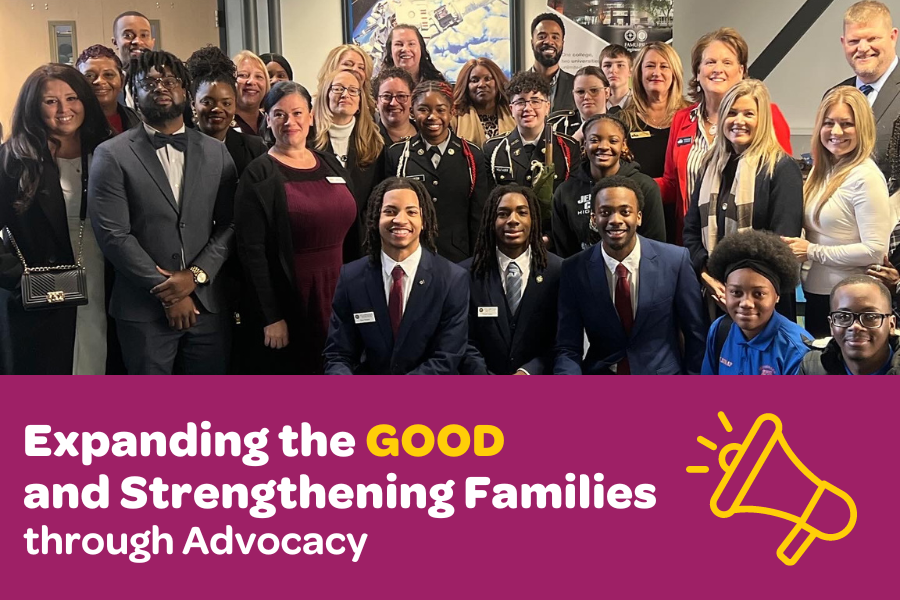On a normal day at Kristi House, the phones don’t stop ringing for long.
Not that it’s a good thing when calls pour into Miami-Dade’s children’s advocacy center — it usually means a child is being sexually abused and needs to be seen for psychological counseling or forensic interviews.
Each call that comes through is cause for concern, but it presents an opportunity to identify abuse and provide help. What’s worrying right now, Kristi House CEO Amanda Altman says, is the phones aren’t ringing much at all.
“What I’m seeing is a decrease in phone calls, which scares me,” Altman says, “because it means there’s probably an underreporting of incidents. What I anticipate is that once we’re off lockdown and kids are back out — at schools, at camps, going to pediatricians — I would imagine we’ll have an influx of cases.”
Altman’s concerns line up with trends the Florida Department of Children and Families (DCF) is already seeing in the wake of the coronavirus pandemic. DCF Secretary Chad Poppell told CBS Miami’s Jim DeFede that calls to the state’s child abuse hotline have dropped by 35 percent.
“That’s not a good statistic for us,” Poppell told the news station.
Child welfare advocates say social distancing, job loss, and financial pressures could put children at greater risk of abuse by other household members during the crisis. Because everyone is at home, the people who see children regularly and who are mandated by state law to report signs of abuse — including educators, school resource officers, counselors, and doctors — aren’t able to sound the alarm.
“Usually the children are out in the community, so there are a lot of eyes on them,” says Lourdes Pons, regional executive director of the Miami-Dade branch of Children’s Home Society of Florida. “But with social isolation, we don’t have the community support that could help us identify if there’s an issue with a child. I think our community needs to be at high alert for any particular danger.”
In Florida, caseworkers and children’s advocates intervene in many kinds of scenarios, not just those involving suspected sexual or physical abuse. Some organizations receive referrals of families that could benefit from parenting classes and social services. Other organizations, such as Kristi House, get involved when abuse is confirmed. DCF investigators respond to cases of suspected abuse and neglect.
Beatriz Lopez de Martinez, DCF’s South Florida communications director, says that in late March, DCF directed its partner agencies to conduct risk assessments of their cases. Under normal circumstances, agencies are required to conduct in-person visits once every 30 days.
“They were instructed to prioritize in-state home visits to foster homes, group homes, etc., and determine cases that can be assessed safely — using videoconferencing solutions — while still meeting the current 30-day, face-to-face visit requirement,” Lopez de Martinez says.
Case managers must consider the type of danger or threat, the child’s age, the placement and supervision, and the child’s access to other family members and friends before deciding if an in-person visit is necessary. When videoconferencing isn’t an option, case managers and child protective investigators wear personal protective equipment while doing their jobs.
Some local organizations have stopped conducting home visits and gone virtual to stay in touch with families, host parenting classes, and check on children.
“We are doing classes remotely, but something we have clear is that we cannot expect the families to learn as usual, because right now they may have other concerns — their health, how to pay the bills,” says Ivelisse Carde, director of Children’s Home Society of Florida’s family preservation program. “We’re trying to provide some kind of emotional and social support and help them get through this crisis as best we can.”
Pons says skipping home visits isn’t ideal, but some exceptions could be made if a family is particularly high-risk. She says welfare organizations are balancing the health of families and that of employees.
Amigos for Kids, a Miami-based child-abuse prevention organization, also is shifting some of its programming away from education and more toward emotional support for its 300 families. Its parenting classes have since turned into emotional support groups. The after-school care program has also gone digital; kids are doing yoga, dancing, reading, and getting homework help from the organization’s staff on the videoconferencing platform Zoom.
“It’s a good respite for parents and a good way to check in with the kids,” executive director Karina Pavone says. “We can physically see them.”
Providing resources such as groceries, rent assistance, job search help, and psychological counseling is a regular part of what some child-abuse prevention agencies do. Altman, Pavone, and Pons say continuing to provide those resources is especially important now to reduce parents’ stressors and maintain peace in the home. Their respective organizations distribute food, order groceries for delivery, help parents navigate the unemployment system, and share information about places that are hiring.
So far, Kristi House, Amigos for Kids, and Children’s Home Society have maintained their pre-pandemic staffing levels. The Children’s Trust, an organization created by a voter referendum to fund programs for children and families, says its funding to child-abuse prevention organizations, including Amigos and Kristi House, is holding steady.
“The Children’s Trust is committed to financially supporting the providers we fund whether they are operating [or] have revised their services to virtual or other formats, and [we’re] also supporting those providers that are not operating at this time,” spokesperson Sandra Camacho says.
Michael Dolce, a Palm Beach County attorney who specializes in sexual abuse, sex trafficking, and domestic abuse cases, says he worries about the barriers to seeking and providing help during the pandemic.
Child abuse and domestic violence can go hand in hand, Dolce says. Those experiencing abuse, under normal circumstances, might run to a friend or family member’s house. That’s not possible right now because of the fear of getting sick or spreading COVID-19 to others.
“Safety plans are diminishing,” Dolce says. “Someone might wait for an abuser to leave, go to work, go see a buddy. It’s harder to [seek help] if an abuser is home 24/7.”
And the longer a child is socially isolated, abuse can become more severe.
“There’s a certain level of restraint on the part of an abuser when the person knows the child will be seen in the community the next day — the kid is going to go to school with bruises,” Dolce says. “Now abusers don’t experience that restraint. There is no school tomorrow or next week or next month. You have this perfect storm of dynamics going on that really promotes abuse of children and domestic violence.”
Finding help in these times might be more difficult, but it’s not impossible, Dolce stresses. Florida courts can still hear petitions for restraining orders and risk protection orders, which can remove guns from those deemed a danger to themselves or others.
Florida law requires any person who knows or suspects that a child is being abused to report that information to the state’s abuse hotline. Because children generally have less agency than adults, it’s critical that people look out and speak up for youngsters.
“Children are not good advocates for their own safety, we know that,” Dolce says. “Abuse intimidates a child into silence most of the time. People have to be trained to notice signs of that. Now we have children exhibiting those signs only at home. The only way to compensate that I can think of is that if Floridians know families with a history of abuse, this is the time to check in with those families on a daily basis.”
Dolce recommends that anyone who’s aware of a family’s history of abuse or neglect — or anyone who suspects the same — send a text or call the person in a household who might need help.
“Tell them to not hesitate to ask for help,” Dolce says. “Tell them: ‘I’ll give you a code.’ Volunteer that. Likewise, if we have an at-risk family and we can’t reach them, that’s the time to call for a welfare check.”
The National Domestic Violence Hotline can be reached at 800-799-7233 or through online chat. The Florida Department of Children and Families’ Abuse Hotline is 800-962-2873. Individuals can also report abuse online.
Originally posted by: Miami New Times










